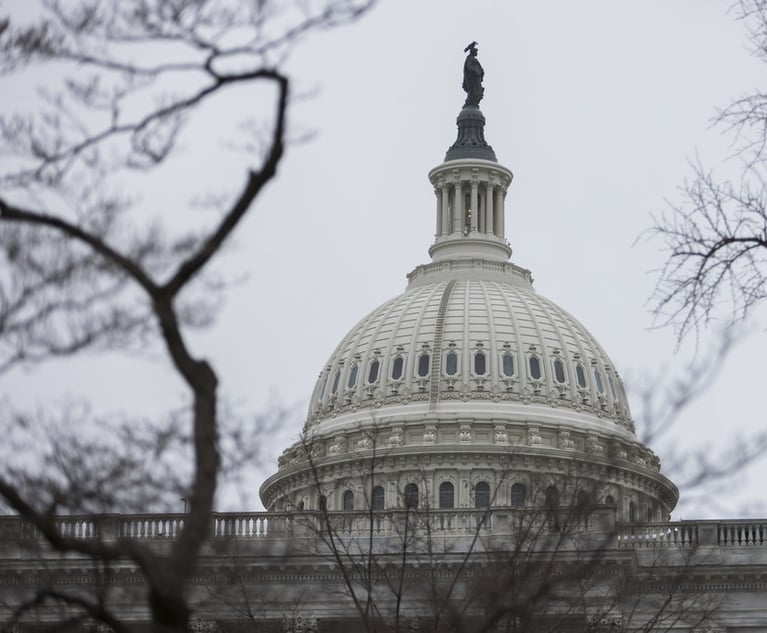With rare exception, parties who agree to arbitrate their commercial disputes naturally assume the evidentiary hearings will be conducted in person. However, in light of the social distancing required by COVID-19 and the uncertainty as to when it will be safe for parties to congregate in the same room, the only two viable options are to adjourn the proceedings sine die until it’s safe or to move forward and arbitrate virtually. That begs the controversial question: If one party insists on arbitrating online and the other resists, can the arbitrator require the recalcitrant party to participate in a virtual arbitration?
For example, let’s assume a claimant files a demand for arbitration seeking monetary damages against a respondent who claims no money is due because the claimant failed to perform as promised. During the pre-hearing conference, the claimant asserts the parties elected to arbitrate (rather than litigate) so that if any disputes arose, they could take advantage of the speed and efficiency arbitration offers over litigation. The claimant also asserts that, unless the process moves forward within the same time parameters that were routinely followed in commercial arbitrations pre-pandemic, it will likely be out of business by the time it’s safe to arbitrate in person. The respondent objects, stating its due process rights would be violated unless in-person hearings are conducted, claiming that presenting evidence and cross-examining witnesses online is not nearly as effective as in person.








